Top-Rated Debt Collection Agency in Ethiopia
Your trusted debt collection agency in Ethiopia offers swift, reliable recovery, no upfront fees. For local debt collection insight, tap into our ultimate, user-friendly guide.






The ultimate guide about debt collection in Ethiopia
Why you can trust this guide
At Debitura, we uphold the highest standards of impartiality and precision to bring you comprehensive guides on international debt collection. Our editorial team boasts over a decade of specialized experience in this domain.
Questions or feedback? Email us at contact@debitura.com — we update this guide based on your input.
Debitura By the Numbers:
- 10+ years focused on international debt collection
- 100+ local attorneys in our partner network
- $100M+ recovered for clients in the last 18 months
- 4.9/5 average rating from 621 reviews
Expert-led, locally validated
Written by Robin Tam (16 years in global B2B debt recovery). Every page is reviewed by top local attorneys to ensure legal accuracy and practical steps you can use.
Contributing local experts:
Last updated:
Dealing with debt collection in Ethiopia can be challenging. Turn to Debitaura, your ultimate guide fusing local expertise and global proficiency for efficient debt recovery. This comprehensive resource is crafted to equip you aptly to tackle Ethiopian debt collection hurdles.
Unravelling the Fabric of Debt Recovery in Ethiopia
Approaching debt recovery in Ethiopia requires familiarity with the salient players and their duties. Comprehending how debt collection agencies, bailiffs, and lawyers contribute to the systematic endeavour of recovering debts, whilst conforming to Ethiopia's stringent legalities, is indispensable.
Role of Debt Collection Agencies in Ethiopia
In Ethiopia, the landscape of debt collection is navigated with the expertise of agencies like Debitura, which plays a crucial role in the preliminary recovery processes. These agencies are instrumental when creditors wish to retrieve overdue payments without delving into legal complexities initially. By employing a variety of approaches—ranging from friendly reminders to more persistent communication methods such as emails, phone calls, and letters—collection agencies strive to secure payment amicably. Their modus operandi is underpinned by adherence to Ethiopia's debt collection laws, ensuring practices that respect debtor rights while avoiding actions deemed abusive or unfair. Although these agencies are vital for initiating debt recovery, they encounter limitations when debts necessitate legal arbitration, at which point the engagement of legal professionals or court interventions becomes inevitable. Thus, involving a debt collection agency is a strategic move for creditors seeking a less adversarial path to debt recovery in Ethiopia.
Lawyers in Ethiopia
In the realm of debt collection in Ethiopia, engaging a lawyer is particularly crucial once the amicable collection phase has ceased to yield results, and legal action becomes necessary. Lawyers are pivotal in guiding creditors through Ethiopia's distinct judicial landscape, especially in the enforcement of foreign judgments or awards as mandated by the Civil Procedure Code and Federal Courts Proclamation. They are tasked with drafting and filing necessary legal documents, directly representing the creditor in court, and ensuring adherence to all procedural requirements for a successful claim. Moreover, in instances where debt recovery necessitates court intervention, either due to the complexity of the case or the magnitude of the debt, a skilled lawyer becomes indispensable. They not only facilitate smooth navigation through legal hurdles but also substantially increase the likelihood of recovering outstanding debts by leveraging their comprehensive knowledge of local laws, including those specifically governing debt recovery.
The Role of Bailiffs in Ethiopia's Debt Collection Process
In Ethiopia, the engagement of bailiffs in the debt collection process marks a vital step towards ensuring compliance with judicial orders. As legal officers appointed by the court, bailiffs are tasked with executing court judgments, which primarily involve the recovery of debts, enforcement of asset seizures, and the execution of evictions. The prerequisite for their involvement is a duly processed court order, highlighting the debtor’s failure to fulfill their financial obligations voluntarily. Bailiffs' tasks extend to assessing and valuing debtor assets for recovery, organizing repayment plans, and facilitating the seizure and sale of assets to satisfy outstanding debts.
The judicial backing empowers bailiffs to carry out these roles while maintaining a fine balance—ensuring creditors recover their dues effectively without infringing on the rights and dignities of debtors. This critical juncture in debt recovery ensures that actions taken are both lawful and within the bounds of ethical debt collection. Hence, creditors must secure a court order as proof of the debtor's non-compliance before a bailiff’s services can be enlisted. This requirement serves not only as a legal formality but as a final nudge for debtors to settle their dues amicably before more stringent enforcement actions are taken.
Navigating Ethiopia's Debt Collection Legal Landscape
In Ethiopia, the journey to effective debt recovery is navigated through an intricate legal maze. Adherence to these laws not only boosts your debt recollection success but also promotes fair dealing, a cornerstone to foster trust and maintain business integrity.
The Regulatory Environment and Civil Court System in Ethiopia
Understanding the Ethiopian civil court system is crucial for engaging in effective debt collection and litigation processes within the country.
- Federal Supreme Court: At the apex of the Ethiopian court hierarchy, the Federal Supreme Court oversees high-profile cases and appeals from lower courts, ensuring adherence to national laws.
- Federal High Court: This court handles cases that have national significance or involve federal laws and entities. It also serves as the primary court for enforcing foreign judgments and awards.
- Federal First Instance Court: With jurisdiction over Addis Ababa and Dire Dawa, this court addresses civil matters and is the first point of judicial interaction for most civil cases, including those related to debt collection.
Adequate knowledge of this structured system aids in identifying the appropriate court for various legal endeavors, facilitating smoother legal proceedings and enhancing the prospect of successful debt recovery in Ethiopia.
Key Legislation Impacting Debt Collection in Ethiopia
In Ethiopia, the debt collection landscape is governed by a framework of key legal provisions that ensure fair practices and regulatory compliance. Understanding these laws is crucial for creditors engaged in debt recovery efforts within the country.
- Civil Procedure Code: This code outlines the comprehensive procedures for civil litigation, including debt recovery actions. It specifies the requirements for filing claims, serving notices, and executing judgments.
- Federal Courts Proclamation No. 25/96: It delineates the jurisdiction and procedures of federal courts in enforcing foreign judgments, emphasizing the need for reciprocity and compliance with local laws.
- Consumer Protection Laws: These laws safeguard debtor rights against unfair collection practices, ensuring that debt recovery efforts balance between creditor rights and consumer protection.
Navigating the intricacies of debt collection in Ethiopia requires adherence to its legal framework, protecting the interests of all parties involved. For creditors, particularly those from overseas, understanding and complying with these key legislations can enhance the efficiency of collection processes and mitigate potential legal challenges.
Consumer Protection from Unfair Collection Practices in Ethiopia
In Ethiopia, the evolving legal landscape aims to balance effective debt recovery with the protection of debtor rights, ensuring fair collection practices are upheld.
- The Civil Procedure Code and the Federal Courts Proclamation highlight the necessity for debt collection practices to adhere to due process, ensuring justice and fairness in the recovery of debts.
- Consumer protection in debt collection emphasizes the requirement for judgments to be final, enforceable, and not contradictory to public order, safeguarding against unjust or arbitrary enforcement actions.
- The principle of reciprocity and equal rights for parties in arbitration suggests a foundational respect for consumer rights even in cross-border debt recovery scenarios.
- Debt collection agencies like Cedar Financial and Debitura underscore the importance of a 'people-first approach,' merging technology with human interaction to achieve debt recovery while protecting consumer relationships.
- The emphasis on compliance with key legislation and consumer protection laws during the debt recovery process, including the consideration for the debtor's ability to defend themselves, reinforces the safeguards against unfair collection practices.
Effective debt collection in Ethiopia involves a careful balancing act between creditor interests and consumer protection. Legislation and agency practices stress fairness, transparency, and respect for debtor rights, indicating a commitment to ethical debt recovery practices.
Mastering Amicable Debt Collection in Ethiopia
Navigating the waters of pre-legal, or amicable, debt collection in Ethiopia can be streamlined and made more effective. This involves settling debts out of court, commonly managed by a debt collection agency. Let’s unpack the steps, methods, and critical elements behind this efficient procedure.
- Ethiopian Court System: Hierarchical structure with federal and state courts, crucial for post-amicable debt collection efforts.
- Statute of Limitations: 10 years for contractual debts, emphasizing the importance of timely amicable collection efforts.
- Fees and Interest Rates: Regulated additions to debt amount include interest and late fees, underscoring the need for clear agreements.
- Collection Costs: Costs vary, with success fees between 7.5% to 30%, making amicable recovery financially attractive.
- Timeline for Recovery: Process length varies with debtor’s responsiveness, illustrating the flexible nature of amicable recovery.
- When to Use Amicable Recovery: Ideal for cases where maintaining a positive relationship is key or when costs of litigation outweigh benefits.
- Transition to Judicial Recovery: Necessary step if amicable efforts fail, weighing potential recovery against litigation costs.
- Essential Documentation: Comprehensive documentation critical for establishing claim validity in both amicable and judicial processes.
- Risk-Free Pricing: No-cure-no-pay models minimize financial risk, highlighting the efficiency of using specialized collection services.
- Challenges and Risks: Unique economic landscape challenges call for due diligence and mitigation strategies in high-risk environments.
Navigating Amicable Debt Collection in Ethiopia
Amicable debt collection is the first step in the recovery process, fostering a relationship-based approach that emphasizes understanding and negotiation. By prioritizing constructive dialogue, this method aims to secure creditors' funds while respecting the debtor's circumstances, making it an ideal strategy for non-disputed claims. We advise commencing with this pathway unless facing disputed claims or intricate legal issues.
The Collection Agency's Role in Amicable Debt Recovery in Ethiopia
In Ethiopia, where legal processes can become elongated and complex, Debitura shines as a beacon for creditors. By leveraging our expertise and understanding of local laws and customs, we initiate with a direct, yet empathetic approach towards debt recovery. Through sending reminders or formal notices, we mediate impartially between all parties, increasing the likelihood of a successful recovery without resorting to adversarial tactics.
Advantages of Amicable Debt Resolution
Choosing the path of amicable collection yields benefits for all involved. Creditors avoid the hefty legal expenses and retain valuable business relationships thanks to the respectful nature of the process. Debtors are offered feasible repayment options, easing the burden of debt repayment and fostering a positive attitude towards resolving their financial obligations. This process underscores mutual respect and aims to create an environment conducive to meeting financial responsibilities.
Transitioning from Amicable to Legal Collection in Ethiopia
Although amicable collection offers numerous advantages, there are instances where transitioning to legal action becomes necessary. Indications for this shift include lack of response, repeated failure to fulfill payment promises, or intentional evasion by the debtor. Considering legal recourse should be a methodically deliberated option, pursued only when amicable solutions have been thoroughly exhausted due to the potential costs and duration of legal proceedings.
Amicable Debt Collection Costs in Ethiopia
Debitura provides straightforward, risk-free international debt collection services with a success-based fee model. Our transparent pricing structure includes success fees ranging from 7.5% to 30%, payable only upon recovery of funds. With no upfront setup or subscription fees, clients can start initiating debt recovery processes free of charge. Our platform ensures you understand your financial commitments from the get-go. Discover more about our pricing strategy.
How it Works
The amicable debt recovery process with Debitura is designed to be efficient and time-sensitive, typically spanning 2-3 months. Our streamlined approach includes:
- Free Registration: Get started without any initial expenses. Create your Debitura account now.
- Claim Submission: Easily upload your claim, review the associated success fee, and approve to initiate the process.
- Real-Time Monitoring: Keep track of your claim's progress directly through your Debitura dashboard.
- Legal Action Consideration: In unresolved cases, we connect you with local legal experts, offering multiple quotes for pursuing legal action and empowering informed decisions on ensuing steps.
Understanding Ethiopia's Judicial Debt Collection
By adopting the judicial route for debt collection in Ethiopia, creditors invite court intervention after peaceful efforts fail. This legal process often necessitates a court order, executed by bailiffs, unless it's a small claim. Our subsequent discussion offers a detailed insight into Ethiopia's specific judicial debt collection procedures.
- Court Hierarchy and Structure: Federal and state levels form Ethiopia's judicial framework, ensuring a decentralized and adaptable system.
- Legal Framework for Debt Collection: The Ethiopian Civil Procedure Code and Federal Courts Proclamation guide debt recovery processes.
- Consumer Protection Practices: Emphasizes ethical debt recovery, respecting consumer rights through both amicable and legal collection methods.
- Judicial Debt Collection Process: Involves a structured approach - from amicable efforts to legal proceedings, requiring legal guidance.
- Obtaining a Court Order for Unpaid Debt: Essential to initially attempt amicable recovery, transitioning to legal collections with proper documentation.
- Enforcement of Foreign Judgments and Awards: The Federal High Court ensures foreign judgments comply with Ethiopian legal standards for enforcement.
- Small Claims Court Efficiency: Provides a cost-effective, simplified process for minor disputes, with relaxed evidence and procedural rules.
- Court Fees and Legal Costs: A critical consideration for creditors, varying with the case complexity and claim amount.
- Timeline for Legal Proceedings: Debt recovery through the legal system can span 12 to 18 months, emphasizing strategic patience.
- Risks and Recommendations: Navigating Ethiopia’s legal landscape requires understanding legal frameworks and seeking proficient legal assistance.
Shifting from Amicable to Judicial Debt Collection in Ethiopia
In Ethiopia, navigating the transition from amicable to judicial debt collection is a crucial step for creditors seeking to enforce debt recovery. Amicable collection is often preferred for its cost-effectiveness and potential to preserve business relationships, employing friendly reminders and negotiations directly with the debtor. However, when disputes arise or amicable efforts fail, transitioning to judicial methods becomes essential.
Entering the judicial phase signifies the need to enforce debt recovery through legal intervention. It involves filing a legal claim against the debtor, which can be a more complex and time-consuming process. Given the technical legal landscape in Ethiopia, securing competent legal representation becomes pivotal. A knowledgeable attorney can navigate the intricacies of the Ethiopian court system, ensuring adherence to proper legal procedures and increasing the likelihood of a favorable outcome.
The Importance of a Formal Judgment in Ethiopia
A formal court judgment forms the backbone of effective judicial debt collection in Ethiopia. Once amicable attempts have reached an impasse, obtaining a court order becomes the legal mechanism to enforce debt recovery. This judgment confirms the creditor's claim against the debtor, providing a legal basis for enforcing the debt.
To start the process, creditors or their legal representatives must file a claim with the relevant Ethiopian court, providing substantial evidence of the debt owed, including contracts, communication records, and any previous attempts at resolution. Once granted, the court order becomes an enforceable legal instrument, allowing creditors to pursue options such as asset seizure, salary garnishment, or other measures to recover the owed amounts.
Obtaining a court order involves navigating the Ethiopian judiciary. While challenging, it underscores the importance of legal representation to ensure the process aligns with Ethiopian legal standards and increases the chance of successful debt recovery.
Determining the Appropriate Court in Ethiopia
The Ethiopian court system is structured with hierarchical layers and specialized jurisdictions, necessitating a clear understanding of where to file a debt collection case. Claim size and complexity are critical factors in determining the appropriate court. For less substantial claims or cases considered less complex, the State First Instance Courts or Federal First Instance Courts might be the starting point, especially with claims up to Birr 10,000,000.
More intricate or higher-value claims might necessitate elevation to the State High Courts or the Federal High Court. It's notable that the Federal High Court holds jurisdiction over foreign judgments, critical for international creditors.
Ensuring a debt collection case is filed in the correct court is paramount for efficiency and effectiveness in recovery efforts. This task often involves the expertise of legal professionals familiar with the Ethiopian legal system, who can evaluate the specificities of a case against the court criteria.
For international creditors navigating debt collection in Ethiopia, understanding the transition from amicable to judicial collection, recognizing the significance of a formal court judgment, and determining the correct judicial venue are essential steps. Armed with this knowledge and the appropriate legal support, creditors can navigate the complexities of the Ethiopian legal system to achieve successful debt recovery outcomes.
Small Claims Court in Ethiopia
In Ethiopia, the judiciary offers a simplified and more accessible forum for resolving disputes involving smaller monetary amounts through Small Claims Court. This court streamlines legal processes and evidence rules to offer a faster, cost-effective way for individuals and businesses to pursue outstanding debts without the complexities of a full judicial proceeding. While specific monetary limitations for claims eligible for Small Claims Court vary by jurisdiction within the country, this option is particularly valuable for creditors seeking efficient recovery of lower-value debts. The emphasis on expediency and reduced procedural burdens not only enables quicker resolutions but also encourages disputing parties to consider amicable settlements. Being aware of the jurisdictional claim limitations and preparing the necessary documentation in advance are crucial steps for creditors considering this route for debt recovery in Ethiopia. The flexibility and efficiency of the Small Claims Court make it an essential component of the judicial collection landscape, especially for those desiring swift resolution.
Ordinary Proceedings in Ethiopia
In Ethiopia, ordinary proceedings provide a comprehensive legal framework for resolving complex debt collection cases that exceed the limitations of small claims courts. Unlike small claims procedures, which are designed for expedient resolution of lower-value disputes, ordinary proceedings can accommodate larger claims and involve a more detailed examination of evidence and legal arguments. This process allows for a thorough judicial review, making it better suited for intricate cases with substantial financial implications.
One of the key advantages of ordinary proceedings over small claims court is their capacity to handle a broader scope of legal issues and higher claim values. Additionally, ordinary proceedings offer the potential for more significant legal redress, including the enforcement of larger judgments. It's important to note that legal representation is generally required in these courts, providing both parties with expert guidance through the complexities of Ethiopian law and the judicial process.
Ordinary proceedings in Ethiopia are governed by the Ethiopian Civil Procedure Code and other relevant legislation, which outline the procedures, rights, and obligations of the parties involved. This legislative framework ensures that debt collection cases are adjudicated with fairness and legal thoroughness, safeguarding the interests of creditors and debtors alike.
Executing Debt Payment in Ethiopia
Navigating the aftermath of a court-ordered debt collection in Ethiopia involves a crucial phase known as debt enforcement. Implemented with the help of official bailiffs, it empowers creditors to stake claim over debtors' assets, effectively ensuring the realization of their financial dues.
- Debt Enforcement Authority: The Federal Ethics and Anti-corruption Commission plays a key role in asset recovery and enforcing debt settlements.
- Legal Framework: Governed by the Civil Procedure Code and Federal Courts Proclamation, alongside specific laws on corruption and asset seizure.
- Role of Bailiffs: Equipped to manage asset seizure, valuation, and eventually aiding the enforcement of court judgments in Ethiopia.
- Cost Implications: Varies with the complexity of the case and may include court fees, bailiff charges, and legal representation costs.
- Garnishment: Legal process of salary attachment allows for court-ordered employer withholdings, adhering to specific legal limitations.
- Execution Process Overview: Embodies procedures like asset identification, garnishments, and other measures to recover debts.
- Debtor Consequences: May face asset seizure, insolvency listings, and damaging repercussions on financial credibility and access.
- Regulatory Compliance: Recovery actions are under the scrutiny of Ethiopia's specific legal frameworks to ensure fairness and adherence to the law.
- Protection of Minimal Living Standards: Ethiopian laws protect a part of the debtor’s income and essential assets, balancing both creditor rights and debtor welfare.
Executing Court Orders and Asset Recovery: The Pivotal Role of Bailiffs
In the heart of Ethiopia's debt enforcement framework, bailiffs emerge as key figures, endowed with the responsibility to implement court mandates faithfully. Tasked with the identification, valuation, and eventual liquidation of debtors' properties, these enforcement agents operate under the stringent oversight of the legal system. Their activities range from pinpointing valuable assets to organizing auctions and ensuring the even distribution of proceeds among creditors, all while upholding the principles of dignity and fairness for debtors.
Comprehensive Overview of Debt Enforcement Mechanisms in Ethiopia
The initiation of debt enforcement in Ethiopia is predicated on the existence of a creditor's claim, reinforced by a valid enforceable title that clearly outlines the debtor's obligations. This could include formal legal judgments or agreements recognized by law. Following this, the role of bailiffs becomes crucial as they set about locating and securing assets—which may span from real estate holdings to vehicles—ensuring that essentials for the debtor's survival remain untouched.
Navigating Costs and the Ethiopian Legal Landscape
Engaging in debt enforcement within Ethiopia necessitates an understanding of the associated expenses, ranging from court fees and bailiff service charges to the costs of legal representation. The complexity and duration of cases inherently influence these financial obligations. Ethiopia's legal framework, in turn, meticulously articulates the procedures for debt enforcement, defines the scope of bailiff responsibilities, and safeguards the rights and interests of all parties involved, ensuring an equitable process.
Strategic Preparations for Successful Enforcement
Prior to embarking on enforcement actions, it is imperative for creditors to ensure the legality of their enforceable titles and, where possible, extend a final request for payment to debtors. This preliminary step is crucial not only for aligning with legal prerequisites but also for granting debtors an opportunity to voluntarily settle their debts—an approach that respects their right to contest or challenge the enforcement procedure.
Understanding Insolvency as a Route to Debt Recovery in Ethiopia
Insolvency is a situation when a debtor's financial obligations outstrips their ability to repay in a timely manner, typically leading to ineffective traditional enforcement actions such as court-ordered asset seizure. However, the deficiency of recoverable assets paves the way for bankruptcy proceedings. This essential legal recourse systematically liquidates the debtor's assets, and offers an ultimate tactic to possibly recoup outstanding claims.
- General Insolvency Approach: Insolvency aims for collective enforcement by all creditors to one debtor, pausing individual actions.
- Bankruptcy Procedure Goal: Reorganize the debtor company via repayment agreements under strict law control.
- Liquidation Options: Initiated by either the debtor or a single creditor, focusing on company dissolution without disputes.
- Filing Claim: Creditors must lodge their claims within a deadline and may reclaim goods under valid retention of title.
- Disputed Claims: If a claim is disputed, the creditor may only contest via court with further documentation.
- Claim Registration Fee: A fee is required to lodge a claim in liquidation, ranging based on the claim amount.
- Creditors Pool: Creditors can collaborate in a pool to protect interests and oversee the insolvency practitioner's actions.
- Low Recovery Expectation: Unsecured creditors' chance to receive a dividend in liquidation is less than 1% without special guarantees.
The Intricacies of Insolvency Procedures in Ethiopia
Insolvency procedures in Ethiopia present a legal framework designed to address situations where debtors are unable to fulfill their financial commitments. Governed by the nation's legislative codes and relevant regulations, these procedures aim to either reorganize the debtor's financial responsibilities or liquidate assets to reimburse the creditors. Both debtors and creditors can initiate insolvency proceedings, provided certain conditions are met, such as the debtor's consistent failure to pay off debts. The Ethiopian court system, featuring Federal and State courts, including specialized benches for Commerce and Investment, plays a pivotal role in overseeing these procedures and ensuring justice and fairness in the distribution of assets.
Priority of Claims and Creditor Rights in Ethiopia's Insolvency Framework
During the insolvency process in Ethiopia, the categorization and prioritization of creditor claims play a crucial role. From secured claims, protected by collateral, to unsecured claims without any assurance, understanding the hierarchy is indispensable for creditors to evaluate their recovery prospects accurately. To actively partake in the insolvency proceedings and advocate for their interests, creditors are required to formally register their claims within the designated periods. Participation in creditor committees and negotiations over reorganization plans are strategic moves that could potentially improve their chances of recovering the owed amounts.
Deciphering the Costs and Expected Timelines
The insolvency journey in Ethiopia encompasses various costs — including court fees, administrative charges, and expenses related to legal representation. These costs are customarily covered by the debtor's estate prior to any payouts to creditors. Moreover, the completion of insolvency cases is subject to variation, swayed by the complexity of the debtor’s financial situation, the magnitude of creditor claims, and the possibility of legal objections. Creditors are advised to brace themselves for a process that could stretch over an extended period, thereby influencing the timeline for recovering their dues. Effective engagement with the local legal framework and understanding Ethiopia’s judicial reforms could serve as a beacon for navigating through the intricacies of insolvency proceedings in the country.
Find a Local Debt Collection Lawyer
Need court-ready representation? Share your case once and receive up to three proposals from vetted litigation attorneys—free, fast, and with no commitment.
- Verified specialists
- Quotes in 24 h, no hidden fees
- Fair, pre-negotiated rates
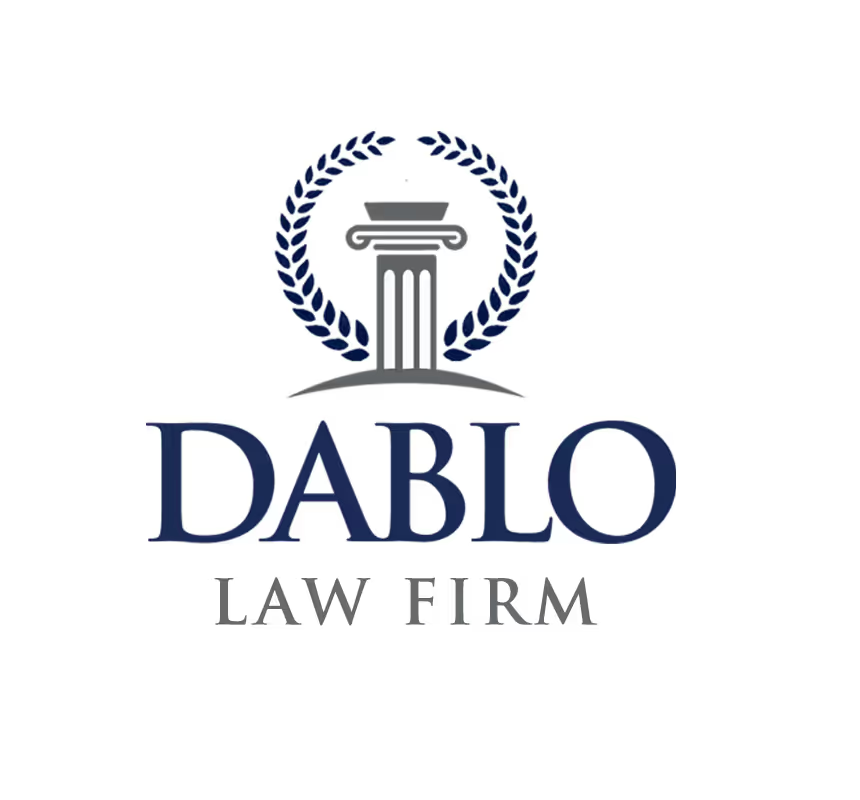
DABLO Law Firm LLP is a premier law firm in Addis Ababa offering effective Debt Collection services in Ethiopia, established in 2013, and recognized by Chambers Global and Legal 500, serving 30 African nations through the Lex Africa alliance.
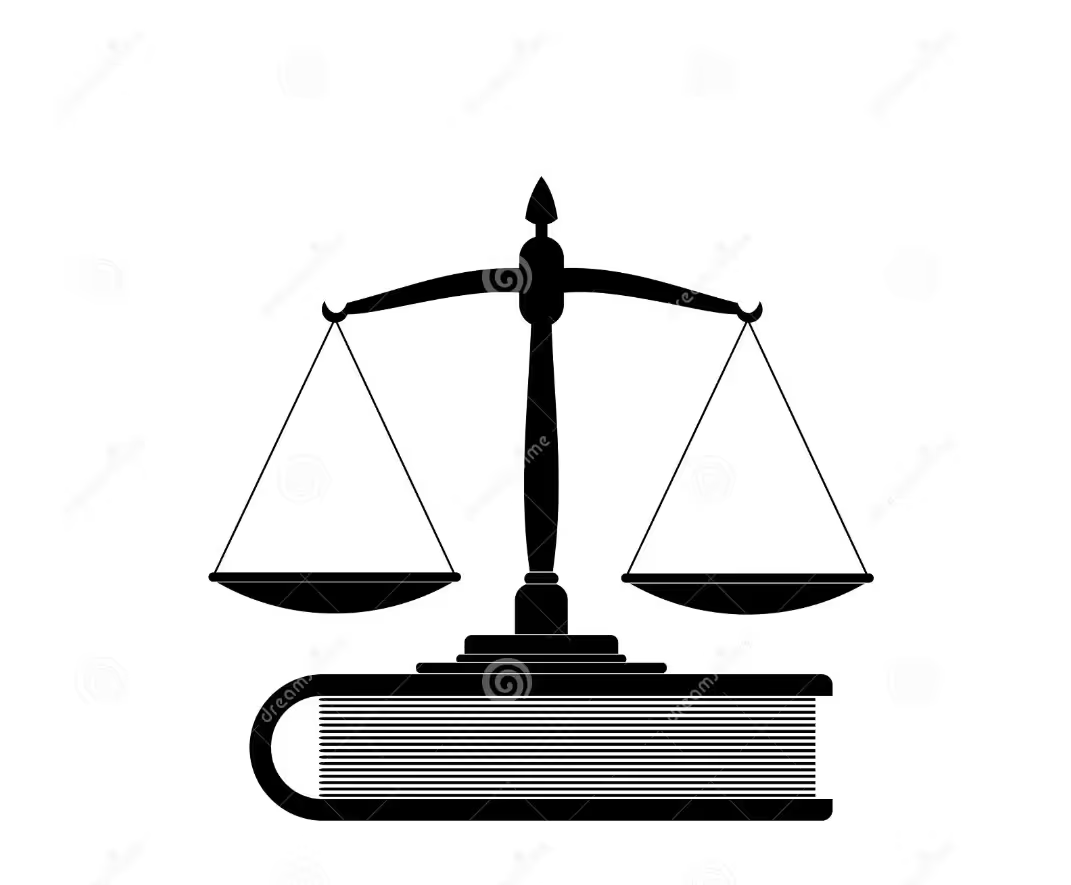
Yared Siyum & Associates Law Office is a premier law firm in Addis Ababa offering effective Debt Collection services in Ethiopia, recognized for its excellence with the Best Lawyer Award and a member of the Ethiopian Lawyers’ Association since 2017.
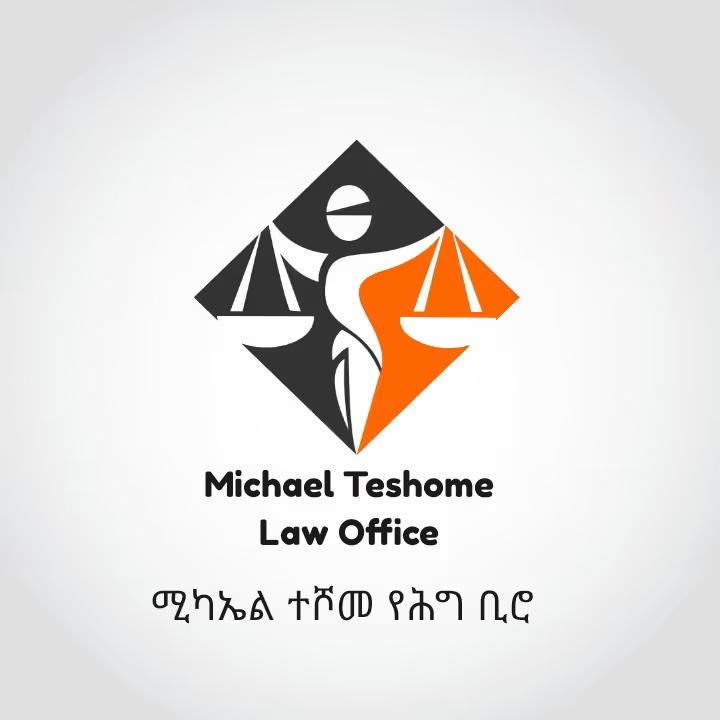
Michael Teshome Law Office is a premier law firm in Addis Ababa offering effective Debt Collection services in Ethiopia, positioning itself as the go-to partner for debt recovery since 2009, backed by industry accolades and esteemed memberships.
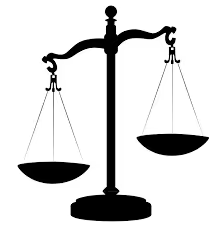
Yared Siyum and Associates Law Office is a premier law firm in Addis Ababa offering effective Debt Collection services in Ethiopia, established in 2017 and recognized for its excellence with industry accolades and memberships.

Endris Amino Law Office is a premier law firm in Addis Ababa offering effective Debt Collection services in Ethiopia, positioning itself as the go-to partner for debt recovery with a foundation in 2013, serving international clients, and memberships in the Ethiopian Lawyers’ Association.

Mesfin Getachew and Associates Law Office is a premier law firm in Addis Ababa offering effective Debt Collection services in Ethiopia, established 20 years ago, renowned for its exceptional success rate and esteemed memberships.
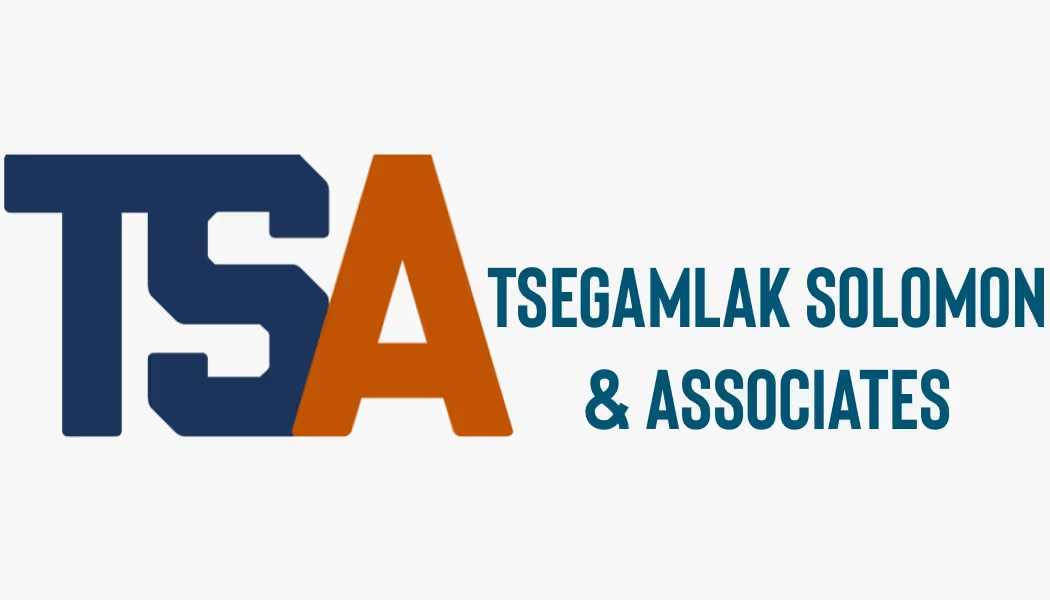
Tsegamlak Solomon & Associates Law Office is a premier law firm in Addis Ababa offering effective Debt Collection services in Ethiopia, positioning itself as the go-to partner for debt recovery with its 2022 establishment and memberships in the Ethiopian Lawyers Association and Addis Ababa E-Mobility Association.

Samuel Girma Advocacy Service is a premier law firm in Addis Ababa offering effective Debt Collection services in Ethiopia, recognized for its 99% winning rate since 2020, with memberships in the Ethiopian Lawyers’ Association and Addis Ababa Chamber of Commerce.

Dominion Debt Management is a premier debt recovery agency in Ethiopia offering effective risk-free Debt Collection services, positioning the firm as the go-to partner for debt recovery since 2024, exclusively partnering with Debitura to provide No Cure No Pay services based on Debitura's risk-free standard terms and pricing.





.svg)

.webp)
.png)

.png)
.svg)












.svg)

